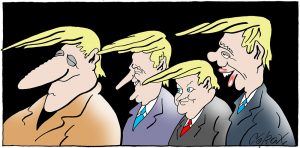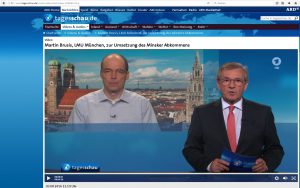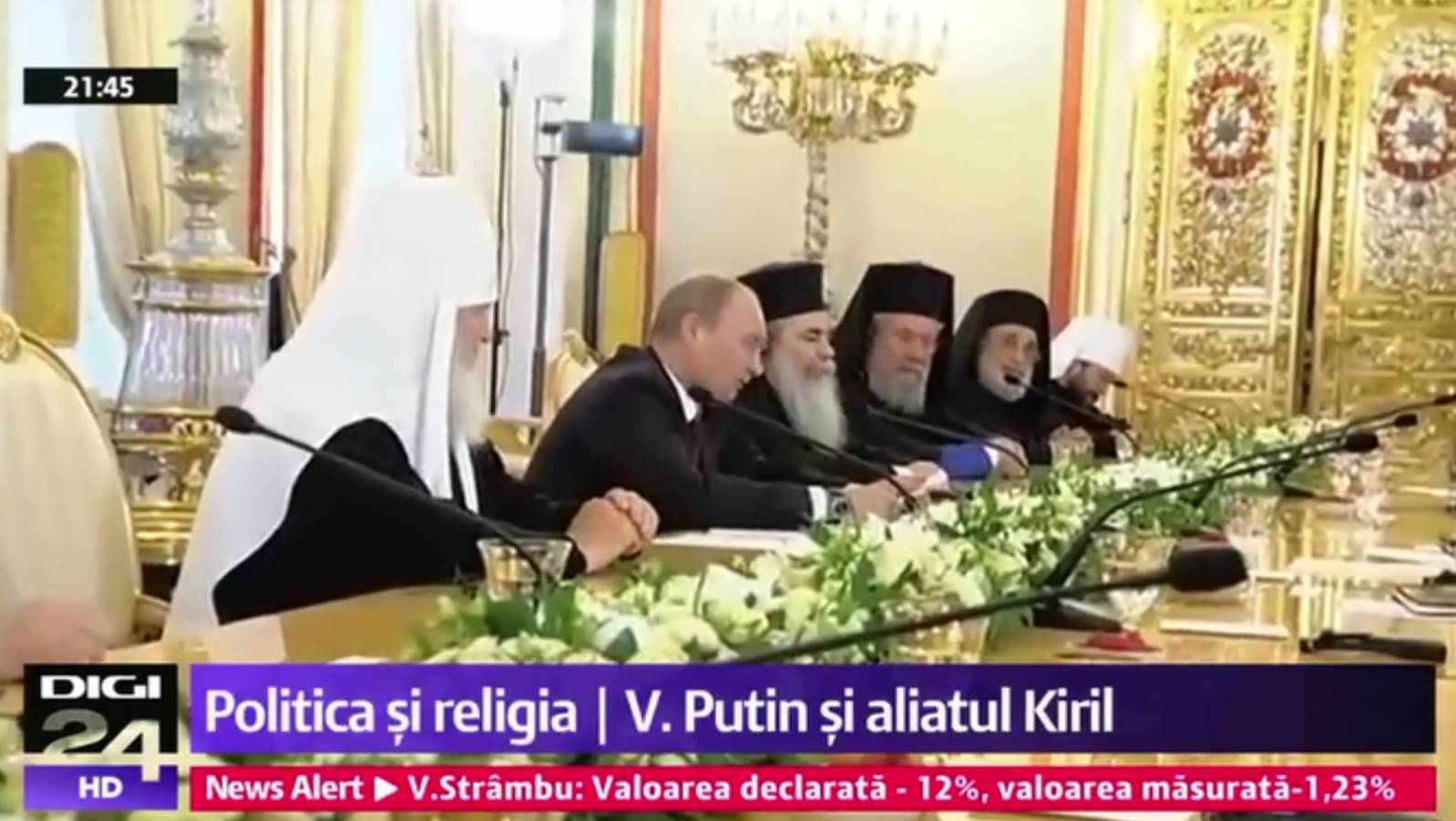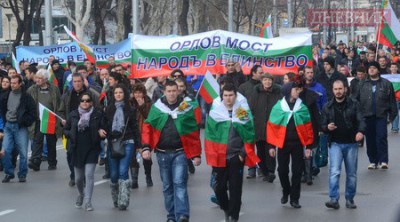Interview with Aleksandra Nenadović, Voice of America, 26 July 2017
On 24 July 2017 Serbia’s President Aleksandar Vučić called for an “internal dialogue” on Kosovo. His article triggered an intense public debate and a large media echo within and beyond Serbia because he urged his fellow-citizens to face reality and stop waiting to be given “what we have lost a long time ago”. Serbia should cease to preserve “a conflict whose meaning we do not understand” and should rather resolve the “Kosovo (Gordian) knot” in a responsible and non-violent way.


 More frequent references and appeals to shared religious beliefs in recent years reflect the growth of right-wing populism, uncertainties caused by the crisis of European integration and fears regarding the inflow of predominantly Muslim refugees. The extent to which religious references are made in political discourses also varies according to the strength of religious allegiances and the respective influence of churches in societies. Contemporary resonance structures are rooted in state identities and the influences of historical state-building coalitions with churches.
More frequent references and appeals to shared religious beliefs in recent years reflect the growth of right-wing populism, uncertainties caused by the crisis of European integration and fears regarding the inflow of predominantly Muslim refugees. The extent to which religious references are made in political discourses also varies according to the strength of religious allegiances and the respective influence of churches in societies. Contemporary resonance structures are rooted in state identities and the influences of historical state-building coalitions with churches.
